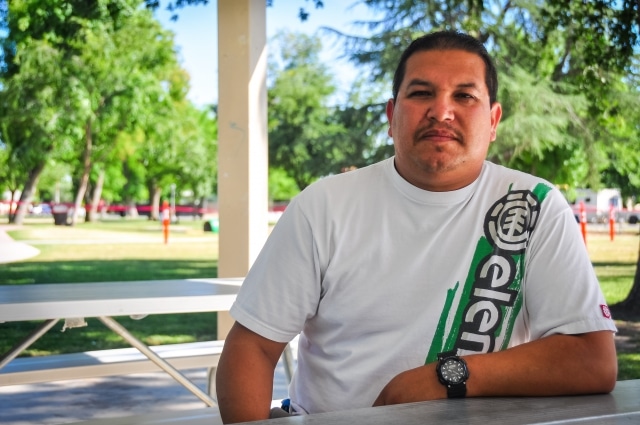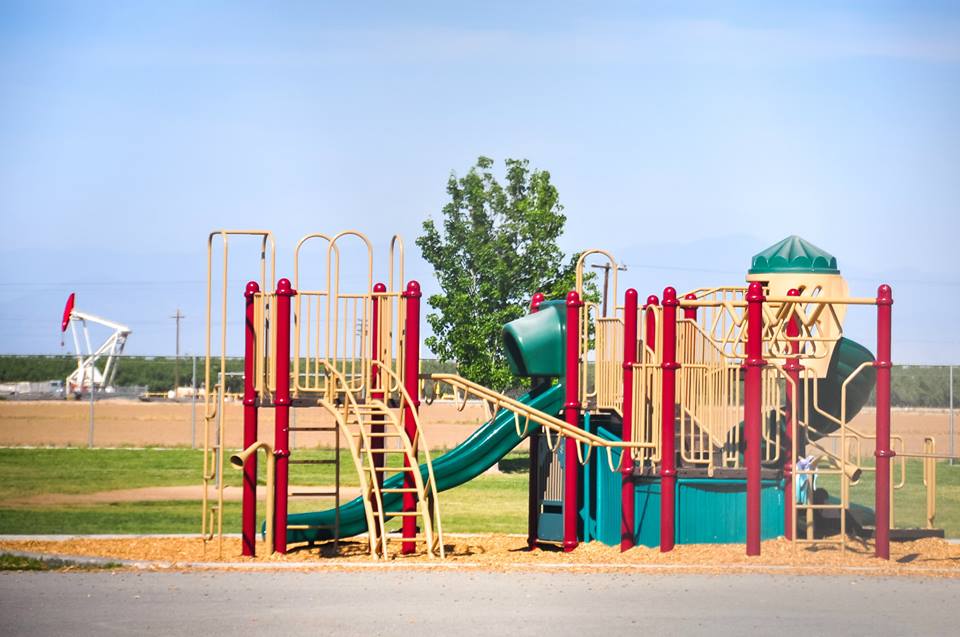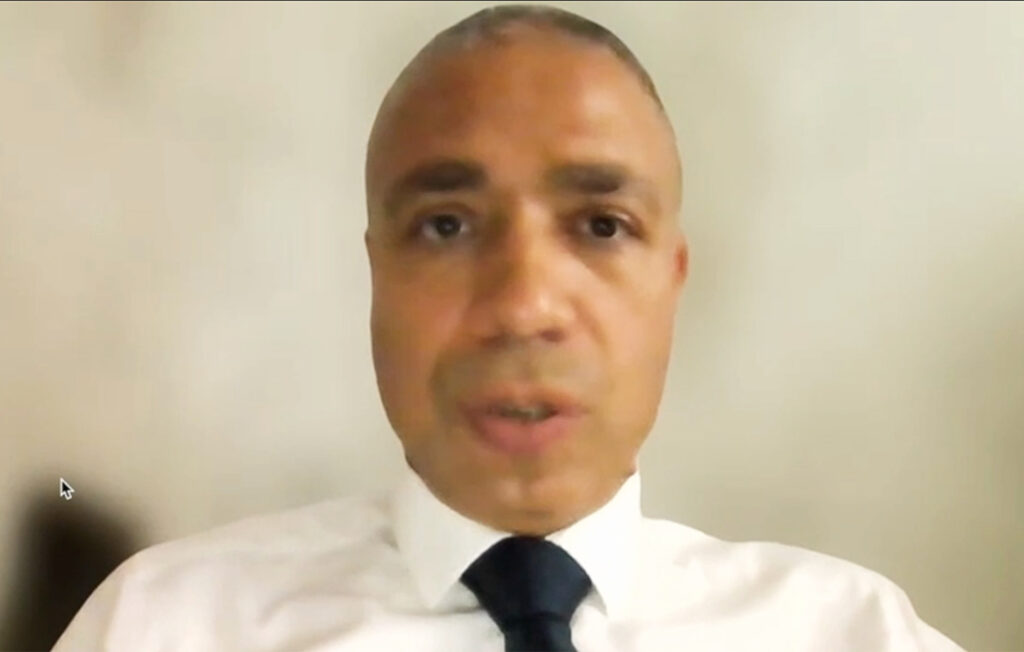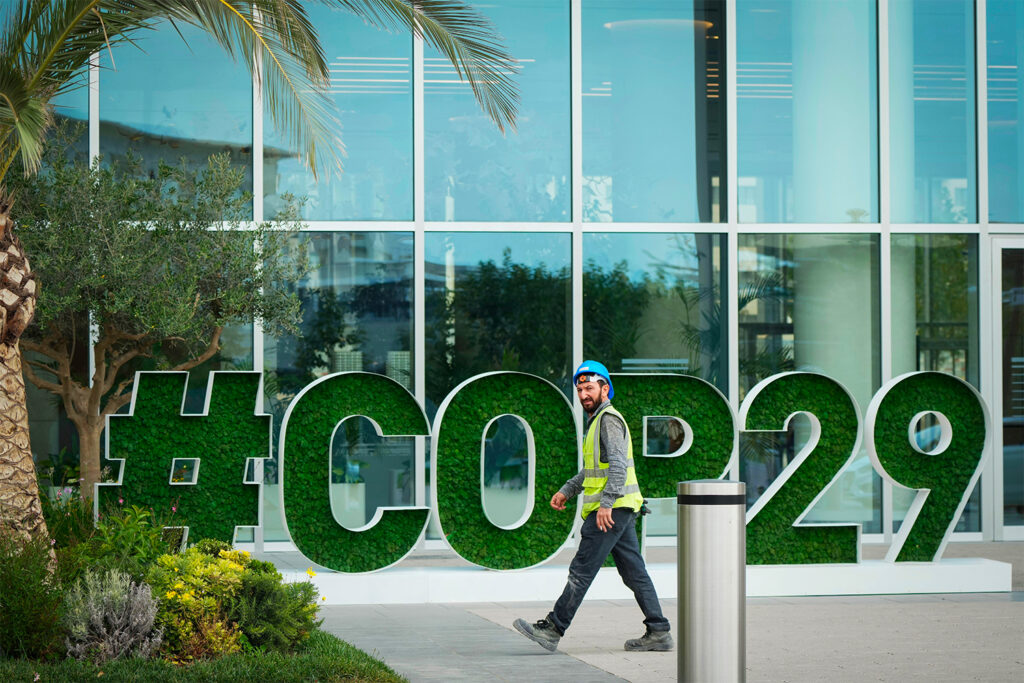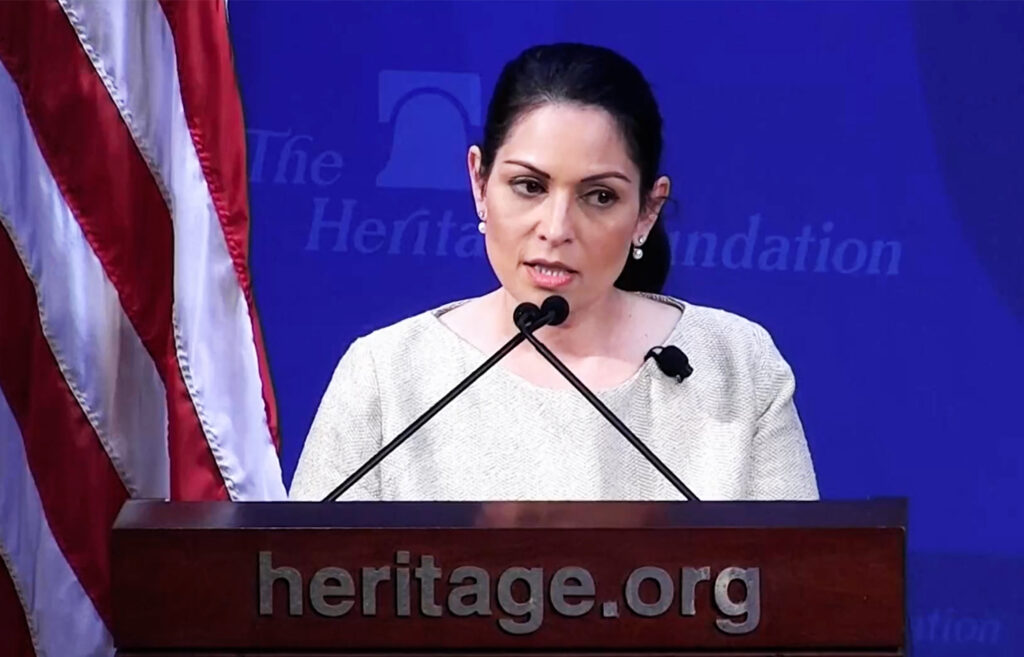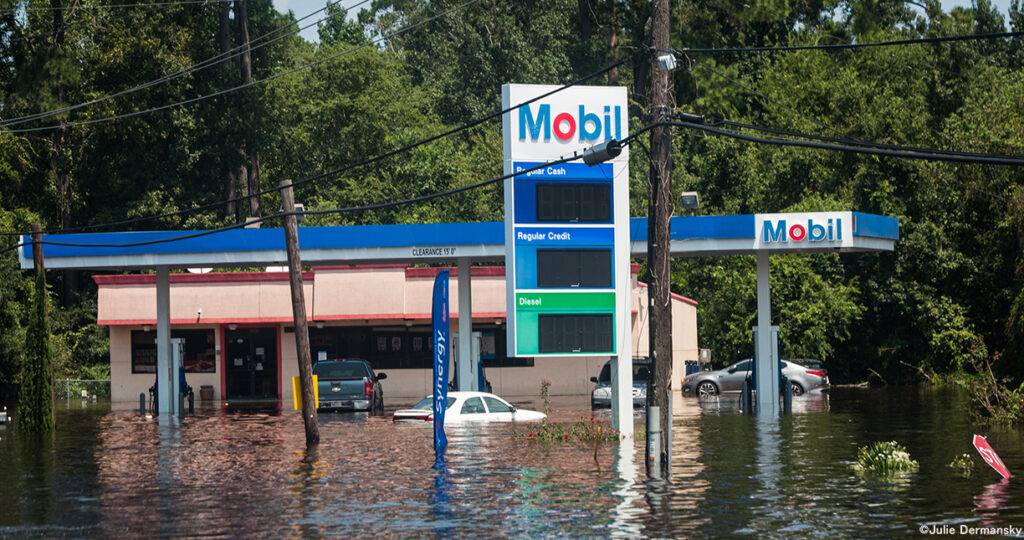A California family is suing the state for failing to protect their children from fracking.
At issue are the state’s new fracking regulations, which went into effect on July 1. Rodrigo Romo, the named plaintiff in the suit, says the rules discriminate against Latino children, like his daughters, because they are far more likely to go to school or live near a fracked well.
“Everyday my daughters go to school, they fear for their health and safety because of how close the fracking wells are to their schools,” Romo said in a statement.
Romo has two daughters, both of whom, he says, have been exposed to dangerous levels of toxic pollution and psychological stress from extreme well stimulation while attending public schools in Shafter and Wasco, California.
The fracking regulations were finalized on January 1, as mandated by SB 4, which was signed into law by Governor Jerry Brown in 2013. The environmental impact report on fracking also mandated by SB 4 was released the same day the rules went into effect, meaning the state’s finding that fracking has “significant and unavoidable impacts” that “cannot be mitigated” could not be taken into account when regulators were formulating the final rules six months earlier.
A report released earlier this year found that fracking was used as an extraction method at half of the 300 or so new wells drilled every month in California over the past decade. The state does not appear to have slowed down in approving fracking permits, either – in fact, state regulators approved nine new offshore frack jobs just a few days before releasing the environmental impact report detailing fracking’s unmitigatable impacts to public health and the climate.
Rodrigo Romo knows all too well how eager California regulators are to approve fracking permits: His daughters’ current school, Sequoia Elementary in Shafter, lies within one mile of 35 wells, including 3 fracked wells within a half mile of the school. There is even a fracked oil well less than 1,200 feet from Sequoia Elementary’s playground.
The Sequoia Elementary School playground. In the background, less than 1,200 feet from the school is oil well “API 403043765,” which was hydraulically fractured. Photo by Brooke Anderson.
Fracking rules continue California’s legacy of environmental discrimination
The Romos’ experience is, sadly, not unique.
According to the complaint submitted on behalf of Romo and his two daughters to the Superior Court for the State of California by the Center on Race, Poverty and the Environment, 5.4 million people live within a mile of one of California’s 82,000 active oil and gas wells. More than a third of them – some 1.8 million Californians – live in communities that have been identified as already being overburdened by pollution.
Some 92 percent of the Californians who live within a mile of an active oil or gas well are people of color, the complaint says. Meanwhile, children of color make up nearly 84 percent of the students attending schools within a mile of a well using fracking or another extreme extraction technique. More than 60% of them are Latino.
“Fracking in California, like many places around the world, is a civil rights issue,” Madeline Stano, an attorney with the Center on Race, Poverty and the Environment representing the Romos, told DeSmog. “It’s something that overwhelmingly impacts and hurts low-income people and people of color.”
Stano says California’s new fracking regulations are inadequate as a matter of law because they allow a discriminatory effect on Latino students and other students of color by permitting them to be over-burdened by environmental degradation from oil drilling and other industrial activities in comparison to their white counterparts.
California’s Government Code section 11135 prohibits the state from administering any program or activity that intentionally or unintentionally discriminates on the basis of race, Stano said. The suit names Governor Brown and California Oil and Gas Supervisor Steve Bohlen as defendants, claiming the state discriminates against Latino students by permitting wells close to the schools they attend.
Governor Brown has been largely silent on the risks posed by fracking even while signing international climate agreements and proposing California adopt the most ambitious renewable energy target in the US. Brown clearly considers himself, and is considered by others, to be a leading voice on the climate – he recently laid into climate deniers at a Vatican climate summit, for instance. But Stano doesn’t think that reputation as a climate leader is warranted.
“The real California climate leader is Rodrigo,” Stano said. “I hope Governor Brown becomes a leader like Rodrigo, who is fighting for his community. That’s the kind of leader I look up to, and that’s the kind of leader that Governor Brown should aspire to be. Climate solutions are not gadgets or talking points.”
Image Credit: Brooke Anderson
Subscribe to our newsletter
Stay up to date with DeSmog news and alerts


